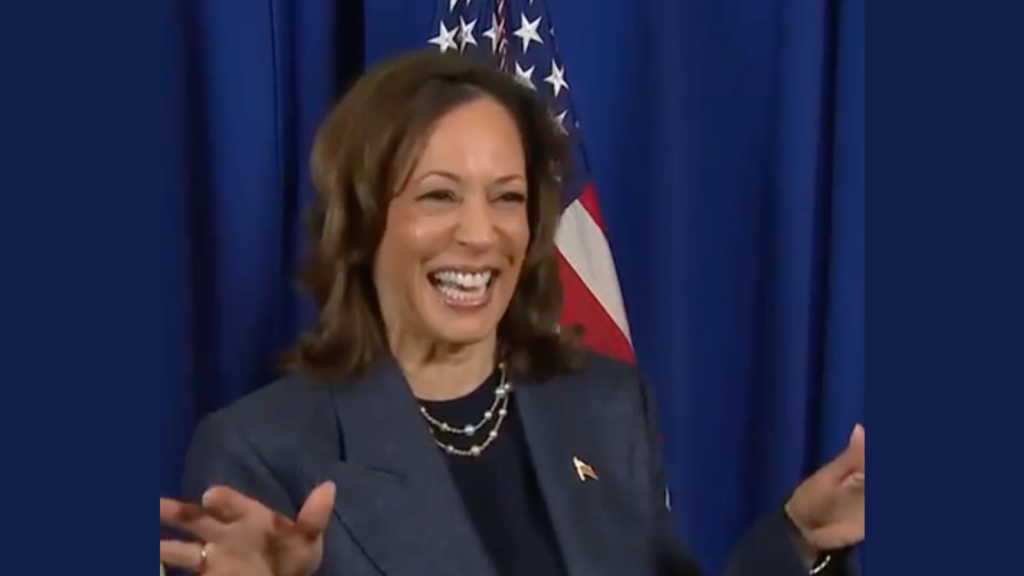In a recent incident highlighting Kamala Harris’s evasiveness, the Vice President declined to reveal her stance on California’s Proposition 36 while in the midst of a presidential campaign. This proposition, crucial for California voters, aims to reinstate tougher penalties for certain crimes, particularly drug possession and theft of items worth less than $950. Harris’s refusal to disclose her vote raises questions about her accountability and commitment to addressing crime, a factor that could significantly influence public trust in her leadership capabilities as she seeks the presidency.
Proposition 36 represents a movement toward revising the more lenient criminal policies established by Proposition 47, enacted in 2014. This earlier initiative reclassified various nonviolent offenses related to drug and theft crimes, reducing many felonies to misdemeanors. The backlash against these policies has been pronounced, as rising crime rates and concerns over public safety have led many Californians to demand a reconsideration of these legislative choices. Harris’s lack of clarity on Prop 36 might suggest an attempt to avoid backlash from either side of the political spectrum, effectively sidelining herself on a contentious issue that resonates deeply within her home state.
During an exchange with a reporter, Harris deflected questions regarding her voting decision, insisting that her ballot was en route to California while emphasizing her intention not to endorse any position on the proposition. This response was notably ambiguous, particularly given the proximity of the election and the pressing nature of the issue at hand. Critics have seized on her noncommittal stance, interpreting it as an unwillingness to confront the consequences of previous policies she supported, namely Prop 47, which they argue has exacerbated crime, homelessness, and addiction in California.
Opponents of Harris’s policies have not shied away from voicing their frustrations. One tweet pointedly accused her of lying to Californians regarding Prop 47, labeling it as the “Safe Neighborhoods and Schools” act while asserting that it has failed to deliver safety and well-being to residents. Instead, they contend, it has inadvertently fueled crime rates, leading to the very challenges Prop 36 seeks to address. This narrative positions Harris as “pro-crime” in the eyes of some voters, framing the upcoming election as a referendum on her approach to public safety and crime reform.
As Harris navigates this politically charged landscape, her reluctance to take a clear stance on Prop 36 could profoundly impact her campaign strategy. The political environment is rife with calls for stronger crime policies, and her failure to align herself decisively with Proposition 36 might alienate voters who prioritize safety and accountability. Her situation exemplifies the broader dilemma faced by politicians who must balance their legislative legacies with the evolving expectations of their constituents, particularly in a time of heightened scrutiny on crime and law enforcement.
In conclusion, Kamala Harris’s defensive posture regarding her vote on Proposition 36 reflects broader tensions within California’s criminal justice landscape, particularly after the passage of Prop 47. By side-stepping questions and avoiding an endorsement, she risks undermining her credibility and potentially alienating voters eager for leadership that prioritizes public safety. As the election approaches, her ambiguous position may become a focal point for critics and an essential topic of discussion in her campaign, compelling her to address the complexities of her past decisions and the implications they carry for California’s future.

